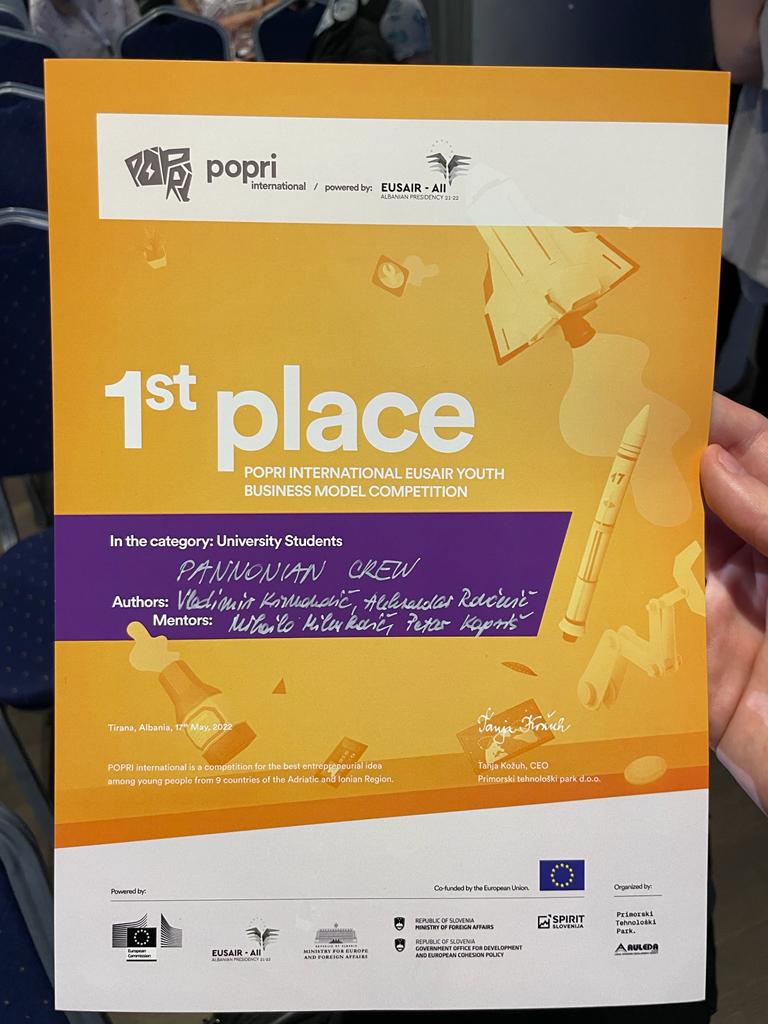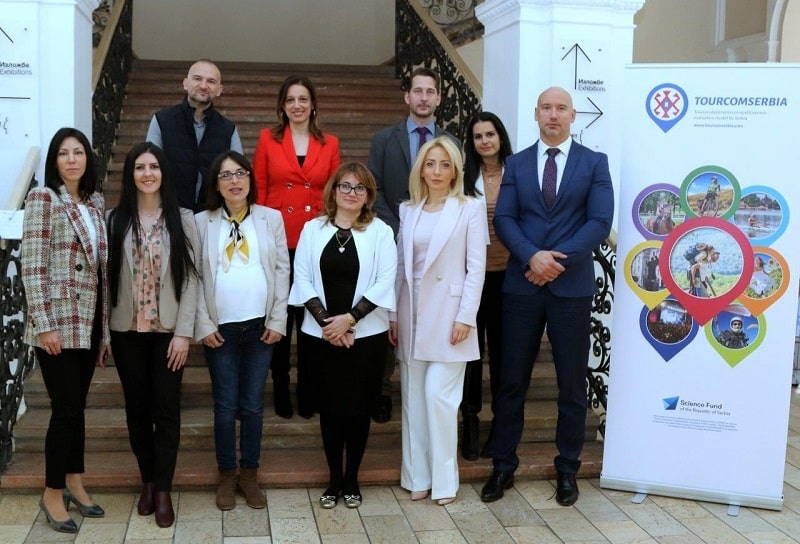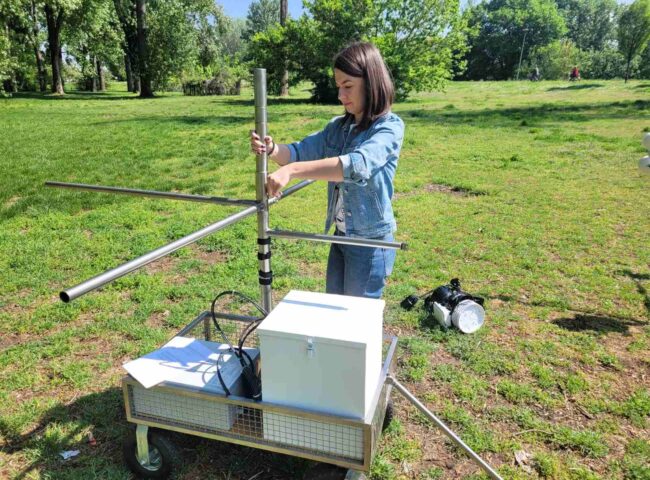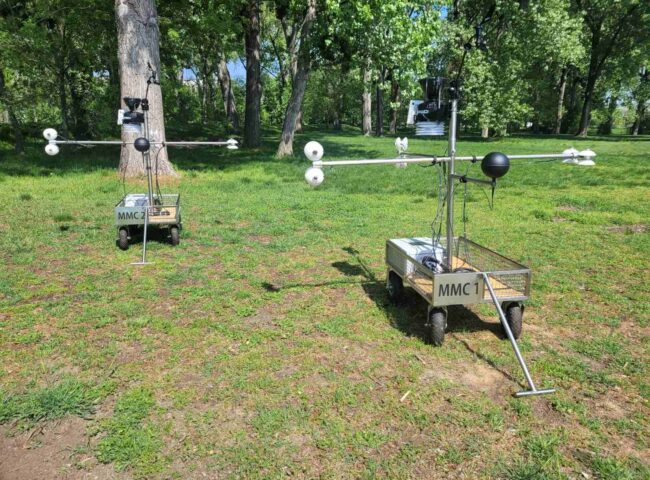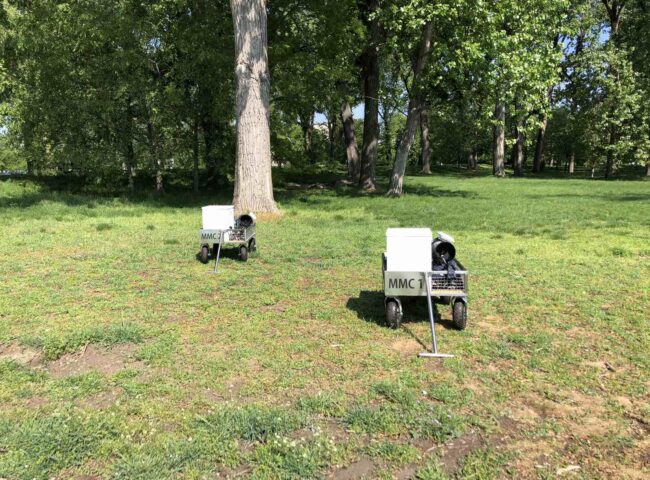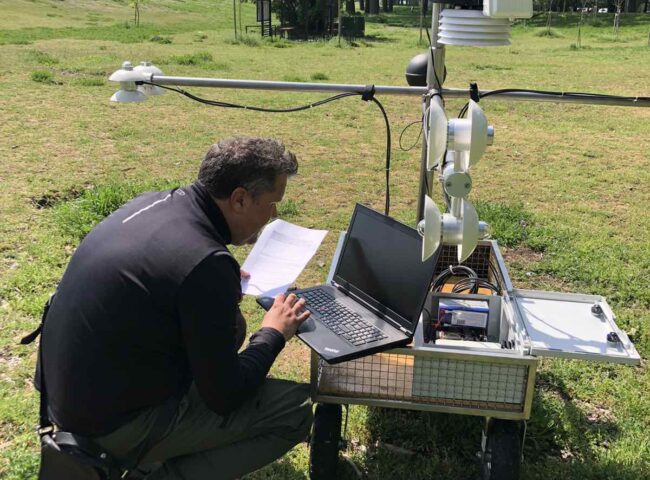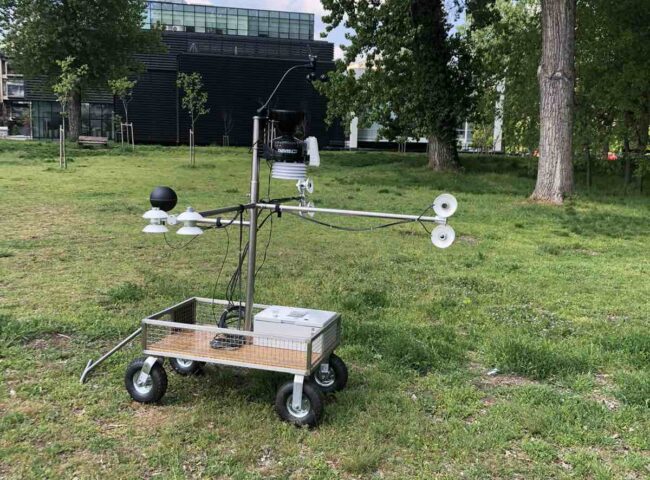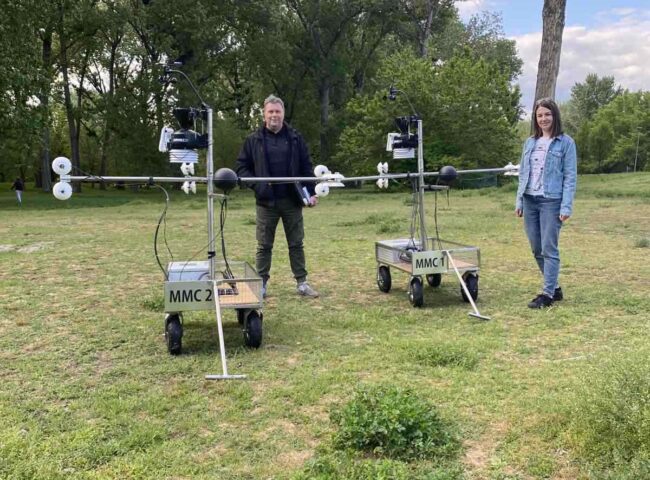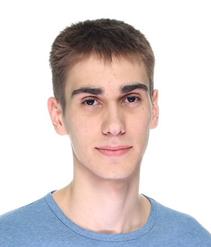
Restore4Life (GA number: 101112736) has recently launched its Open Call for Associated Regions.
Restore4life is looking for at least 5 Associated Regions to prepare roadmaps, plans, and projects to restore wetland ecosystems in their region with up to 100 000 Euros per project to create new opportunities and collaborations that will shape the future.
We are looking for at least 5 Associated Regions that we can provide with technical assistance to use the outcomes and knowledge of Restore4Life to prepare roadmaps, plans, and projects to restore wetland ecosystems in their region.
The aim is to share the results and knowledge of the project on an ongoing basis with the selected ‘associated regions’ and to provide them with scientific and technical support for the implementation of wetland restoration solutions in their territory. This will involve the twinning of each Associated Region with a similar demonstration site and the provision of technical advisory services necessary to prepare roadmaps, plans and projects to restore ecosystems in the associated regions addressing possible barriers and showing the feasibility of implementing innovative solutions.
For more info on the Open Call, please visit the official Restore4Life website.
Deadline for submitting your application: 29 May 2024.

Funded by the European Union. Views and opinions expressed are however those of the author(s) only and do not necessarily reflect those of the European Union or European Climate, Infrastructure, and Environment Executive Agency (CINEA) Neither the European Union nor the granting authority can be held responsible for them.

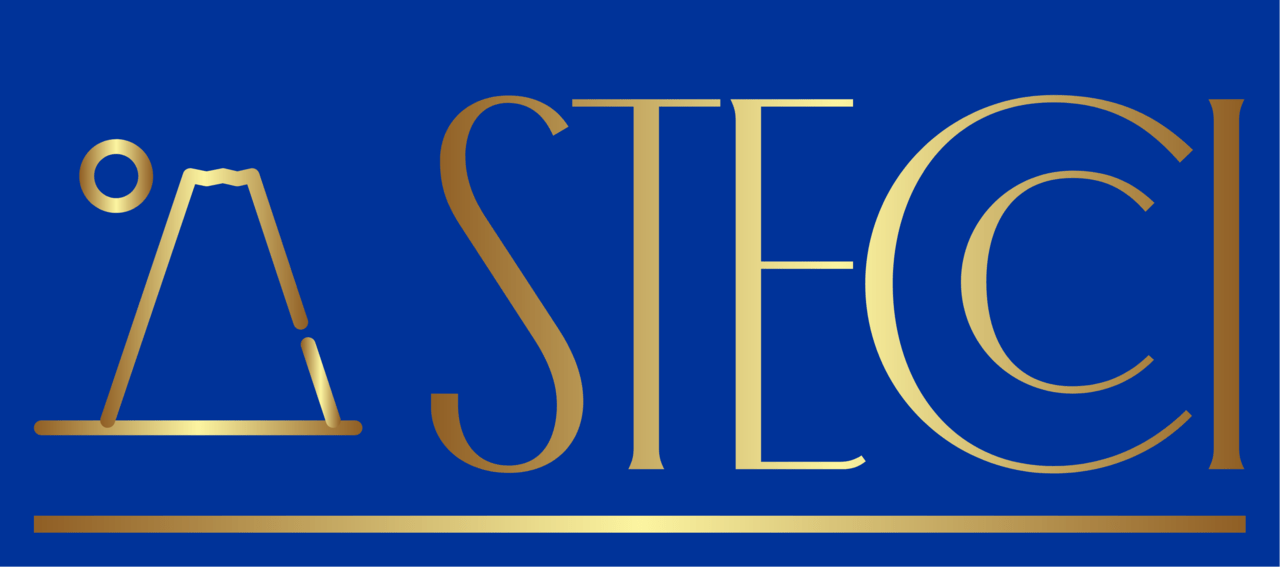 As of September 1, 2023, the Faculty of Sciences University of Novi Sad officially started the implementation of this scientific research project financed within the EU Program for Research and Innovation ‘Horizon Europe’ (2021-2027) titled ‘Stone Monument Ensembles and the Climate Change Impact’ (STECCI). The project was rated as outstanding by the evaluators of the European Commission and the Horizon Europe Program with 14 out of 15 possible points.
As of September 1, 2023, the Faculty of Sciences University of Novi Sad officially started the implementation of this scientific research project financed within the EU Program for Research and Innovation ‘Horizon Europe’ (2021-2027) titled ‘Stone Monument Ensembles and the Climate Change Impact’ (STECCI). The project was rated as outstanding by the evaluators of the European Commission and the Horizon Europe Program with 14 out of 15 possible points.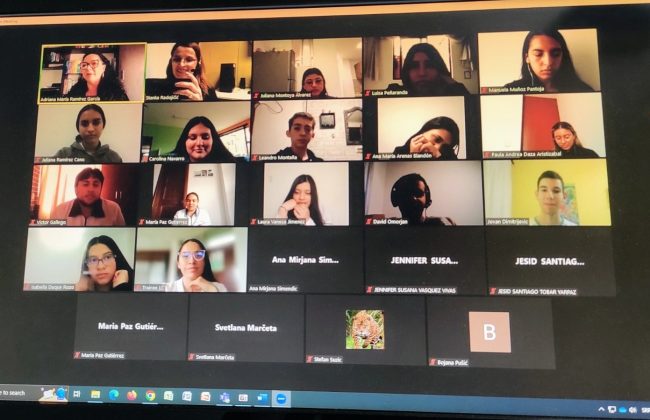
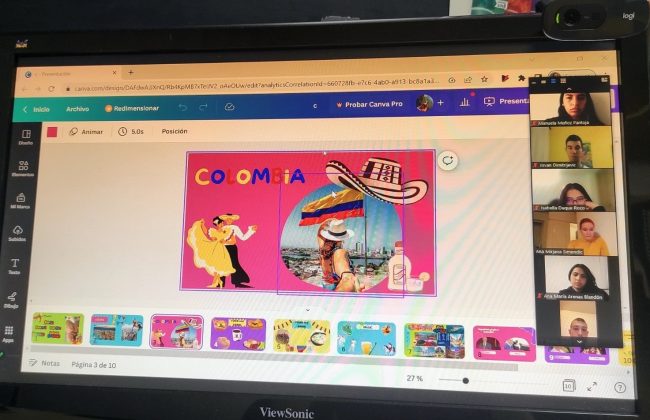
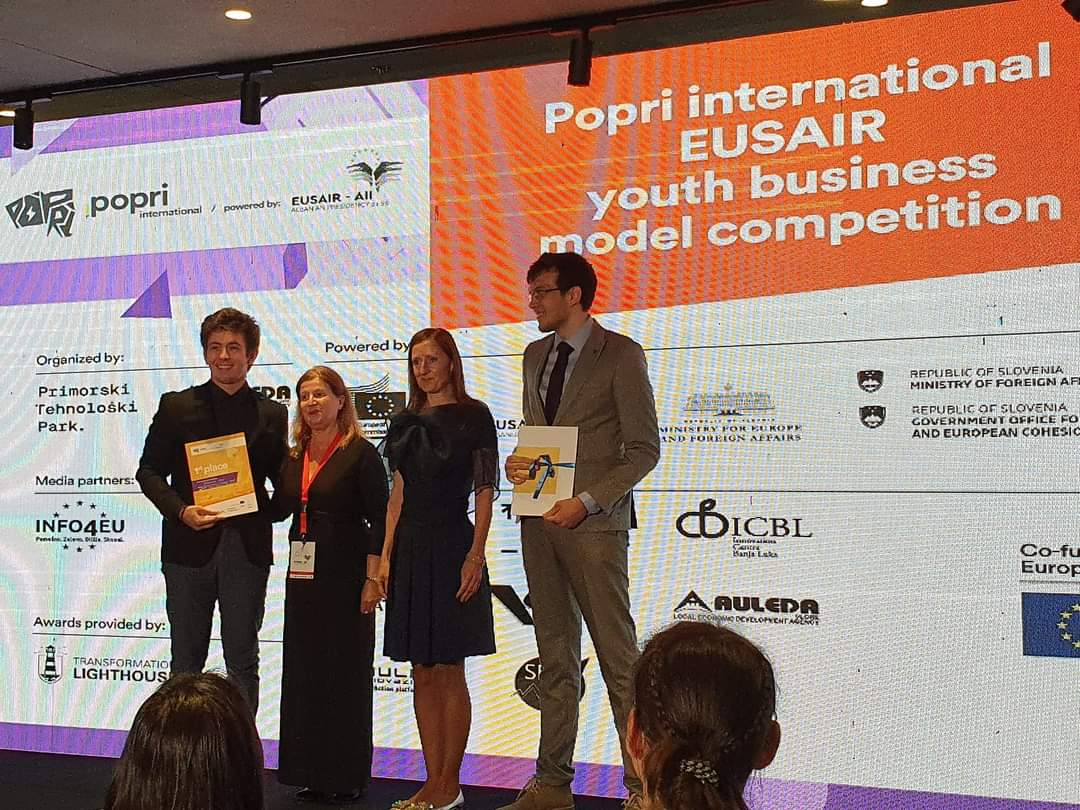 Last year in October, the team from the Faculty of Science “Pannonian Crew”, consisting of Aleksandar Rončević, Mihailo Milenković, Petar Kapriš and Vladimir Krsmanović, all attending Computer Science Program, won the first place in the national competition for best technological innovation in the category of student innovations. They developed the innovation “Lara” – a system for automatic accident detection and rescue of sailors, which consists of hardware and software systems.
Last year in October, the team from the Faculty of Science “Pannonian Crew”, consisting of Aleksandar Rončević, Mihailo Milenković, Petar Kapriš and Vladimir Krsmanović, all attending Computer Science Program, won the first place in the national competition for best technological innovation in the category of student innovations. They developed the innovation “Lara” – a system for automatic accident detection and rescue of sailors, which consists of hardware and software systems.